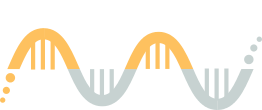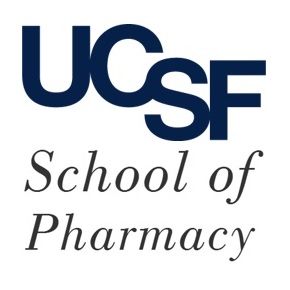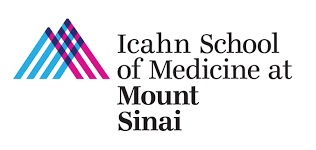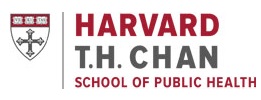Submitted by ja607 on
| Title | Elevated Polygenic Burden for Autism Spectrum Disorder Is Associated With the Broad Autism Phenotype in Mothers of Individuals With Autism Spectrum Disorder. |
| Publication Type | Journal Article |
| Year of Publication | 2021 |
| Authors | Nayar, K, Sealock, JM, Maltman, N, Bush, L, Cook, EH, Davis, LK, Losh, M |
| Journal | Biol Psychiatry |
| Volume | 89 |
| Issue | 5 |
| Pagination | 476-485 |
| Date Published | 2021 03 01 |
| ISSN | 1873-2402 |
| Keywords | Autism Spectrum Disorder, Autistic Disorder, Child, Fathers, Female, Humans, Male, Mothers, Phenotype |
| Abstract | BACKGROUND: Autism spectrum disorder (ASD) is a multifactorial neurodevelopmental disorder that encompasses a complex and heterogeneous set of traits. Subclinical traits that mirror the core features of ASD, referred to as the broad autism phenotype (BAP), have been documented repeatedly in unaffected relatives and are believed to reflect underlying genetic liability to ASD. The BAP may help inform the etiology of ASD by allowing the stratification of families into more phenotypically and etiologically homogeneous subgroups. This study explores polygenic scores related to the BAP. METHODS: Phenotypic and genotypic information were obtained from 2614 trios from the Simons Simplex Collection. Polygenic scores of ASD (ASD-PGSs) were generated across the sample to determine the shared genetic overlap between the BAP and ASD. Maternal and paternal ASD-PGSs were explored in relation to BAP traits and their child's ASD symptomatology. RESULTS: Maternal pragmatic language was related to child's social communicative atypicalities. In fathers, rigid personality was related to increased repetitive behaviors in children. Maternal (but not paternal) ASD-PGSs were related to the pragmatic language and rigid BAP domains. CONCLUSIONS: Associations emerged between parent and child phenotypes, with more associations emerging in mothers than in fathers. ASD-PGS associations emerged with BAP in mothers only, highlighting the potential for a female protective factor, and implicating the polygenic etiology of ASD-related phenotypes in the BAP. |
| DOI | 10.1016/j.biopsych.2020.08.029 |
| Alternate Journal | Biol Psychiatry |
| PubMed ID | 33229037 |
| PubMed Central ID | PMC7901138 |
| Grant List | R01 NS102371 / NS / NINDS NIH HHS / United States R01 MH091131 / MH / NIMH NIH HHS / United States T32 GM080178 / GM / NIGMS NIH HHS / United States T32 HD007489 / HD / NICHD NIH HHS / United States DP2 HD098859 / HD / NICHD NIH HHS / United States R21 HG010652 / HG / NHGRI NIH HHS / United States R56 MH120736 / MH / NIMH NIH HHS / United States U54 MD010722 / MD / NIMHD NIH HHS / United States R01 DC016977 / DC / NIDCD NIH HHS / United States R01 NS105746 / NS / NINDS NIH HHS / United States R01 MH118233 / MH / NIMH NIH HHS / United States R01 DC010191 / DC / NIDCD NIH HHS / United States U01 HG009086 / HG / NHGRI NIH HHS / United States R01 MH113362 / MH / NIMH NIH HHS / United States RM1 HG009034 / HG / NHGRI NIH HHS / United States |





